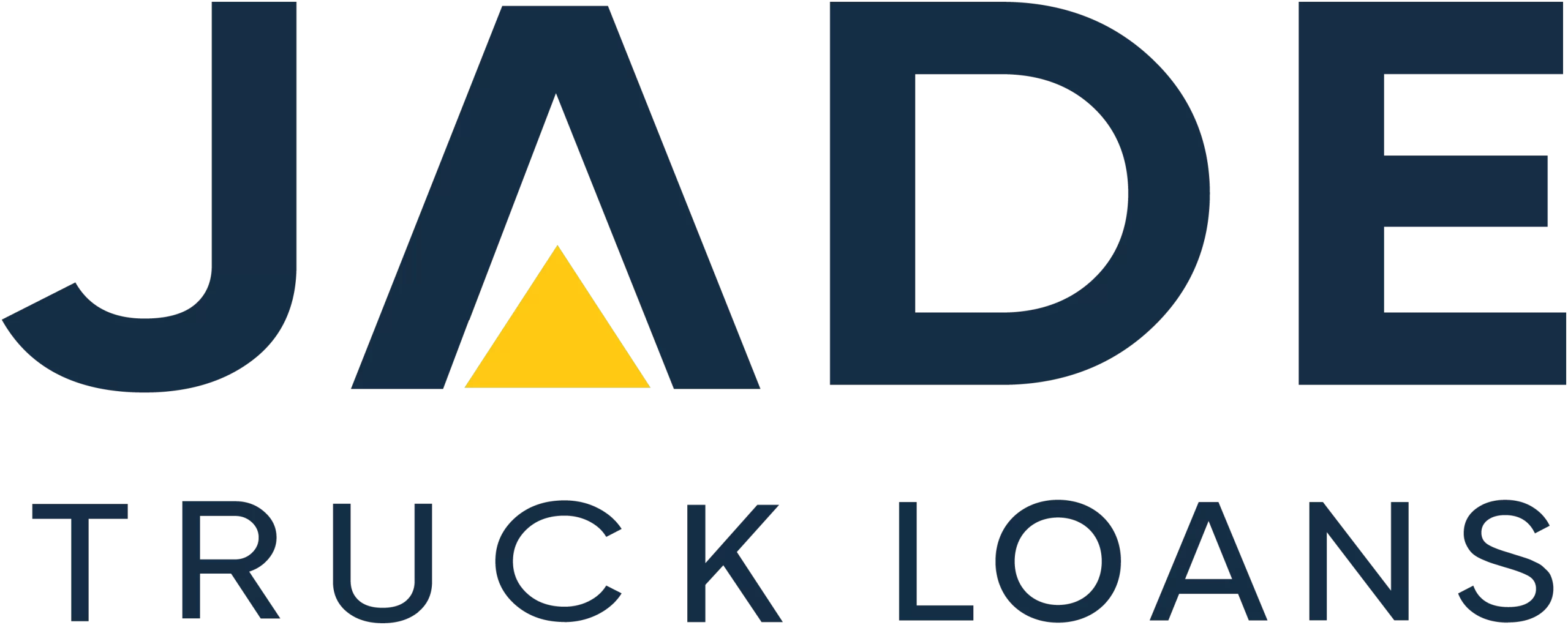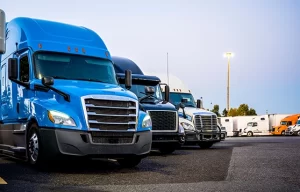The freight, transport, and trucking industry, which the country heavily relies upon, is encountering an ever-evolving and progressively demanding operational landscape due to the ongoing impact of the coronavirus pandemic. Rapidly implemented lockdowns and frequent alterations to travel and testing protocols, while possibly just frustrating to the general public, can wield significant repercussions on the operations and financial outcomes of truck owners and operators.
Many of the issues are being addressed by industry groups and Government and we are supporting and assisting those striving to proceed with truck acquisitions and investments. With the NT and ACT now also joining NSW and VIC and parts of QLD (on and off) in lockdown, we update on the latest on a number of key issues.
Heavy Vehicle Restrictions
The National Heavy Vehicle Regulator is regularly updating and summarising the issues on a state by state basis. Operators should refer to NHVR for the latest information. In particular the FAQs which detail information in regard to whether or not getting tested and vaccinated is considered as work, under the HVNL.
Temporary practical changes have been announced in regard to the NHVAS medical and audit requirements for drivers due to the current COVID-19 situation. Changes relate to Advanced and Basic Fatigue Management and document and record validation. This is seen as necessary as a result of the inability for many medical centres and operators to schedule the required medicals due to restrictions in place due to COVID-19.
TruckSafe has recently introduced temporary modifications to its driver medical requirements. According to a notification issued, drivers are now allowed to continue operating with an expired TruckSafe medical until it becomes feasible for them to obtain a new one. This revised provision is in effect until 31 January 2022, unless altered. To ensure compliance, operators are advised to consult NHVAS for detailed information.
Border Issues Continue to Bite
State border restrictions have posed significant challenges for interstate truck operators since the onset of the pandemic, resulting in substantial costs for businesses. Reports suggest that discussions between governments and the industry are underway to streamline and simplify guidelines on a national scale. The aim is to reduce bureaucratic hurdles and alleviate time-consuming compliance procedures. However, concrete solutions have yet to be unveiled.
Currently, operators seem to be required to consult specific state and territory transport COVID-19 websites for the most up-to-date health orders and regulations. In New South Wales (NSW), permits for travel outside Local Government Areas (LGAs) are set to take effect from 21 August.
Containing and Reducing Key Operating Costs
The time and potential earnings lost while navigating the COVID scenario and dealing with the necessary requirements, highlights the significance of cost containment for business. While operators always have an eye on costs, those efforts may be amplified under the current conditions and with a view to the medium or longer term. Efforts focussing on how outgoings could be reduced to minimise the onus of the unavoidable expenses associated with COVID-19.
While there are many expenditures which are outside of a business owner’s control including fuel, wages, road taxes and compliance, there are some, including financing costs which can be controlled. For many truck owners, repayments on their vehicle loans are a, or the, largest monthly expense to the business.
We work with truck owners to reduce their truck loan payments through sourcing Better Interest Rate Refinancing.
Refinancing can achieve a lower repayment by:-
- Achieving a new loan with a longer loan term which can reduce repayments at the same interest rate.
- By sourcing a new loan at a cheaper interest rate than the existing loan while retaining the existing loan timeframe.
An essential consideration when contemplating refinancing is the financial implications associated with settling the current loan before the scheduled end of the finance agreement, as well as the standard fees linked to establishing a new loan. These aspects would be thoroughly discussed and explained by your Jade consultant when presenting a refinancing quote for your review.
Setting aside the various costs tied to loan establishment and payout, those interested in refinancing can utilize our truck loan calculator to estimate potential repayment amounts for a refinanced truck loan. To use the calculator, you would need the payout amount of your existing loan, which you can input as the loan amount. If obtaining the exact figure is not feasible at this point, an approximate value may suffice.
Keep in mind that the repayment figure generated by the calculator serves as an estimate and offers a general idea of what could be achievable with our current competitive interest rates for truck loans. For personalized guidance tailored to your specific requirements, reach out to one of our consultants.
New Truck Acquisitions and Loans
Bank busy with calls for relief and support while you wait on hold to discuss a truck loan? No worries when you engage Jade Truck Loans. Your Truck Finance Broker Australia - Jade Truck Loans handles the entire process and utilises our industry-only channels and connections to provide quick quotes, fast approvals and prompt settlements anywhere in Australia.
We are continuing to assist customers secure truck loans to enable them to proceed with new truck acquisitions regardless of the challenges presented to that task by the COVID-19 crisis.
Contact Jade Truck Loans on 1300 000 003 to discuss how we can assist you overcome the challenges and costs posed by COVID-19 to your truck loan requirements.
DISCLAIMER: THIS INFORMATION IS ISSUED PURELY FOR THE PURPOSE OF GENERAL INFORMATION PROVISION. IT IS NOT TO BE TAKEN AS THE ONLY SOURCE OF INFORMATION FOR BASING FINANCIAL DECISION-MAKING. THOSE REQUIRING FINANCIAL GUIDANCE AND ADVICE SHOULD CONSULT WITH THEIR FINANCIAL CONSULTANT OR ADVISOR. NO LIABILITY IS ACCEPTED FOR ANY MISREPRESENTATION OF POLICIES, DATA OR ERRORS IN THIS CONTENT.


 " alt="">
" alt="">